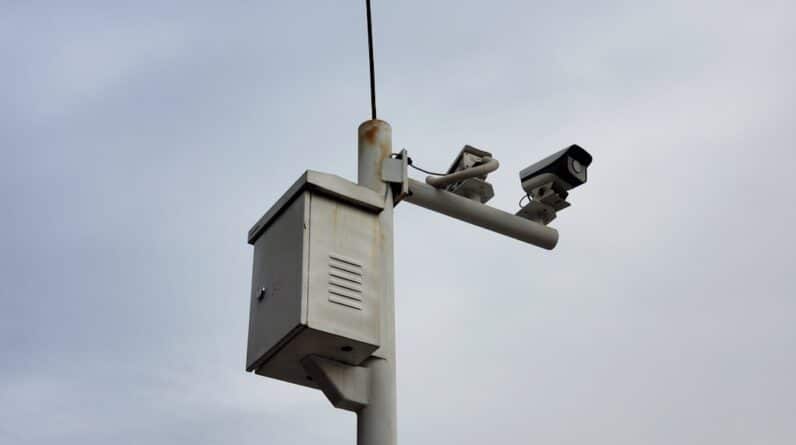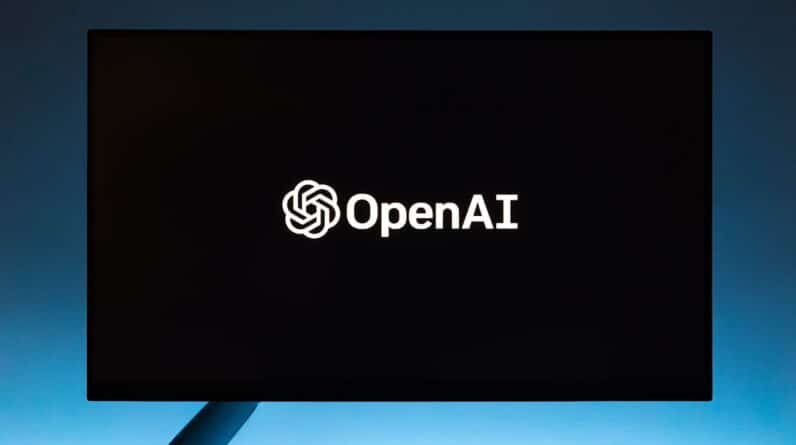As you delve into the intricate world of international relations, you may find yourself captivated by the transformative power of artificial intelligence (AI). This technology, once confined to the realms of science fiction, has now permeated various sectors, including diplomacy and global governance. The intersection of AI and international relations is not merely a trend; it represents a paradigm shift in how nations interact, negotiate, and resolve conflicts.
Understanding this relationship is crucial for anyone interested in the future of global affairs. AI’s ability to process vast amounts of data and generate insights at unprecedented speeds offers diplomats and policymakers new tools to navigate complex international landscapes. From predictive analytics that forecast geopolitical shifts to automated systems that streamline communication, AI is reshaping the way states engage with one another.
As you explore this topic, consider how these advancements might influence traditional diplomatic practices and the broader implications for global stability and cooperation.
Key Takeaways
- AI is revolutionizing the field of international relations by offering new tools and capabilities for diplomacy and conflict resolution.
- AI is playing an increasingly important role in diplomacy, from analyzing large volumes of data to predicting potential conflicts and identifying opportunities for cooperation.
- AI has the potential to assist in conflict resolution by providing unbiased analysis and identifying potential solutions based on historical data and patterns.
- In international negotiations, AI can help in analyzing and predicting the behavior of other parties, as well as in identifying potential areas of compromise.
- The ethical implications of AI in diplomacy, including issues of bias, privacy, and accountability, must be carefully considered and addressed as AI becomes more integrated into diplomatic processes.
The Role of AI in Diplomacy
Enhancing Diplomatic Strategies
You might be surprised to learn that AI can analyze historical data, social media trends, and economic indicators to provide real-time insights into public sentiment and potential diplomatic outcomes. This data-driven approach allows diplomats to craft more informed strategies, enabling them to anticipate reactions from other nations and adjust their tactics accordingly.
Breaking Down Language Barriers
Moreover, AI can facilitate communication between countries by breaking down language barriers through advanced translation tools. Imagine a scenario where diplomats from different linguistic backgrounds can engage in discussions without the hindrance of language differences.
Fostering Global Collaboration
This capability not only fosters clearer communication but also builds trust among nations, paving the way for more effective collaboration on global issues such as climate change, trade, and security.
AI and Conflict Resolution
When it comes to conflict resolution, AI’s potential is both profound and multifaceted. You may find it fascinating that AI can analyze patterns in historical conflicts to identify triggers and potential resolutions. By examining past disputes, AI systems can suggest strategies that have proven effective in similar situations, offering diplomats a roadmap for negotiation and peacebuilding.
This analytical prowess can be particularly valuable in regions plagued by long-standing tensions, where traditional approaches may have faltered. Furthermore, AI can assist in monitoring ceasefires and peace agreements by utilizing satellite imagery and data analytics to track compliance. Imagine a world where AI systems can provide real-time updates on troop movements or resource allocations, ensuring that all parties adhere to their commitments.
This level of transparency can help build confidence among conflicting parties, reducing the likelihood of misunderstandings that could reignite hostilities.
AI and International Negotiations
As you consider the role of AI in international negotiations, it’s essential to recognize its capacity to enhance decision-making processes. AI algorithms can simulate various negotiation scenarios, allowing diplomats to explore potential outcomes based on different strategies. This predictive modeling enables negotiators to assess risks and benefits before making critical decisions, ultimately leading to more successful agreements.
Additionally, AI can streamline the negotiation process itself by automating routine tasks such as document preparation and data analysis. By freeing diplomats from administrative burdens, AI allows them to focus on high-level discussions and relationship-building. You might envision a future where negotiations are not only more efficient but also more inclusive, as AI tools can facilitate participation from a broader range of stakeholders, including civil society organizations and marginalized communities.
The Ethical Implications of AI in Diplomacy
While the benefits of AI in diplomacy are compelling, you must also grapple with the ethical implications that accompany its integration into international relations. One significant concern is the potential for bias in AI algorithms, which could inadvertently reinforce existing inequalities or exacerbate tensions between nations. As you reflect on this issue, consider how the data used to train AI systems may reflect historical prejudices or power imbalances, leading to skewed analyses that could influence diplomatic decisions.
Moreover, the use of AI in surveillance and intelligence gathering raises questions about privacy and human rights. You may ponder the balance between national security interests and individual freedoms as states increasingly rely on AI technologies for monitoring activities both domestically and abroad. The challenge lies in ensuring that AI is employed responsibly and ethically, safeguarding against abuses while harnessing its potential for positive change.
The Future of Diplomatic Relations in the Age of AI
Looking ahead, the future of diplomatic relations in an age dominated by AI is both exciting and uncertain. You might envision a landscape where AI-driven insights shape foreign policy decisions, leading to more proactive approaches to global challenges. As nations become increasingly interconnected through technology, the potential for collaboration may expand, fostering a new era of multilateralism.
However, this future also presents challenges that require careful navigation. As you contemplate the implications of AI on international relations, consider how states will need to adapt their diplomatic strategies to account for rapid technological advancements. The ability to leverage AI effectively will likely become a key determinant of a nation’s influence on the global stage, prompting countries to invest in research and development while also prioritizing ethical considerations.
Challenges and Opportunities of Integrating AI into Diplomacy
Integrating AI into diplomacy is not without its challenges. You may recognize that one significant hurdle is the digital divide between nations. While some countries possess advanced technological infrastructure and expertise, others may struggle to keep pace with these developments.
This disparity could lead to unequal access to AI tools and resources, potentially exacerbating existing power dynamics in international relations. On the flip side, this challenge presents an opportunity for collaboration and capacity-building among nations. You might envision initiatives aimed at sharing knowledge and resources related to AI technologies, fostering partnerships that empower less developed countries to harness the benefits of AI in their diplomatic efforts.
By working together, nations can create a more equitable global landscape where all states have a voice in shaping international policies.
The Potential Impact of AI on International Relations
In conclusion, as you reflect on the potential impact of AI on international relations, it becomes clear that this technology holds both promise and peril. The ability of AI to enhance diplomacy, facilitate conflict resolution, and streamline negotiations offers unprecedented opportunities for improving global governance. However, you must remain vigilant about the ethical implications and challenges that accompany its integration into diplomatic practices.
The future of international relations will undoubtedly be shaped by how effectively nations embrace AI while addressing its ethical concerns. As you continue your exploration of this dynamic field, consider how your understanding of AI’s role in diplomacy can inform your perspective on global issues and contribute to a more just and equitable world order. The journey ahead is filled with possibilities; it is up to you to engage with these developments thoughtfully and responsibly.
One interesting article related to AI and International Relations: the Future of Diplomacy is “AI in Politics and Governance: Implications and Ethical Considerations.” This article explores the impact of artificial intelligence on political decision-making and governance, raising important ethical considerations. To learn more about the intersection of AI and politics, you can read the full article here.
FAQs
What is AI?
AI stands for artificial intelligence, which refers to the simulation of human intelligence in machines that are programmed to think and act like humans.
How is AI used in international relations?
AI is used in international relations to analyze large amounts of data, predict outcomes, and automate certain tasks, such as language translation and data analysis.
What are the potential benefits of using AI in diplomacy?
The potential benefits of using AI in diplomacy include improved data analysis, more accurate predictions, enhanced communication and language translation, and increased efficiency in decision-making processes.
What are the potential risks of using AI in diplomacy?
The potential risks of using AI in diplomacy include the potential for bias in AI algorithms, the risk of job displacement, and the potential for AI to be used for malicious purposes, such as cyber attacks.
How is AI expected to impact the future of diplomacy?
AI is expected to impact the future of diplomacy by changing the way diplomats analyze information, make decisions, and communicate with other countries. It may also lead to the development of new diplomatic strategies and the need for new regulations and policies.






